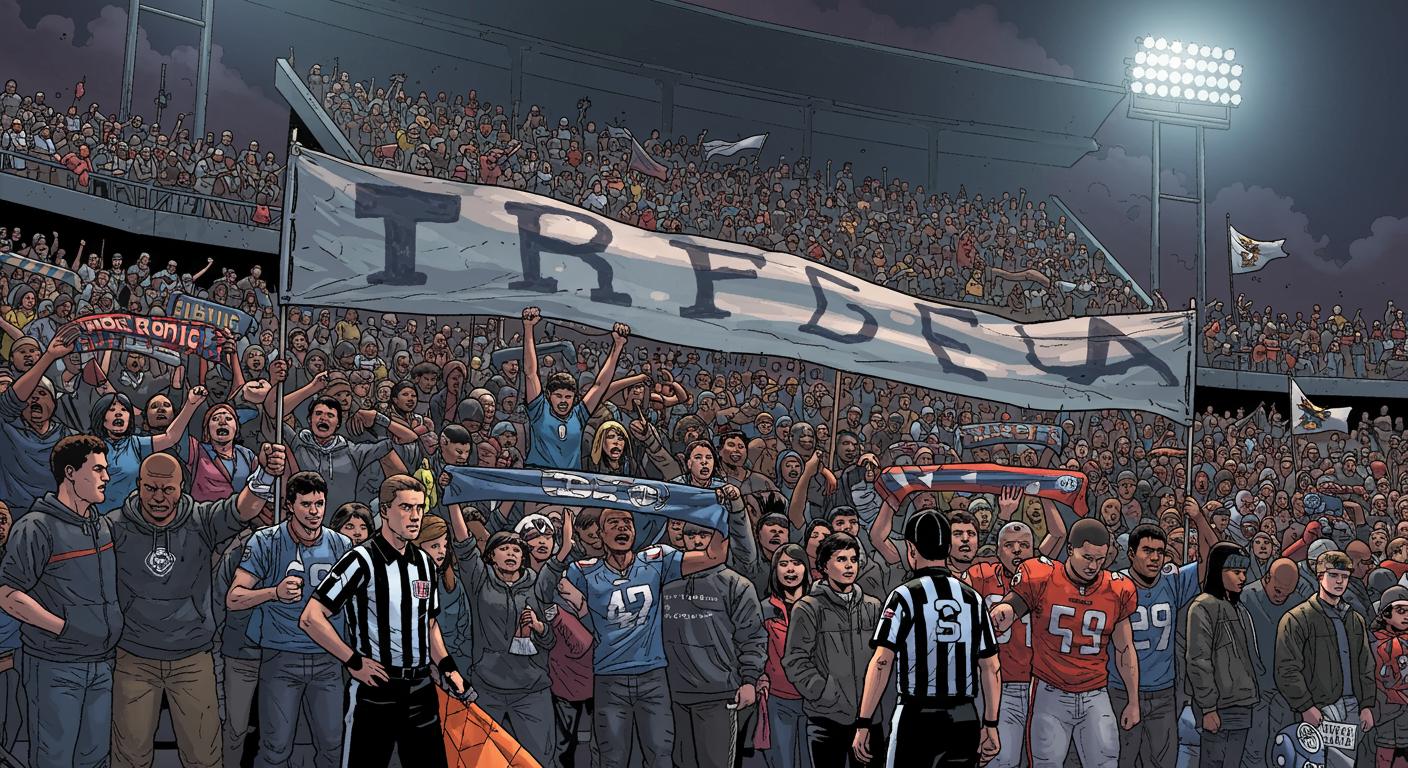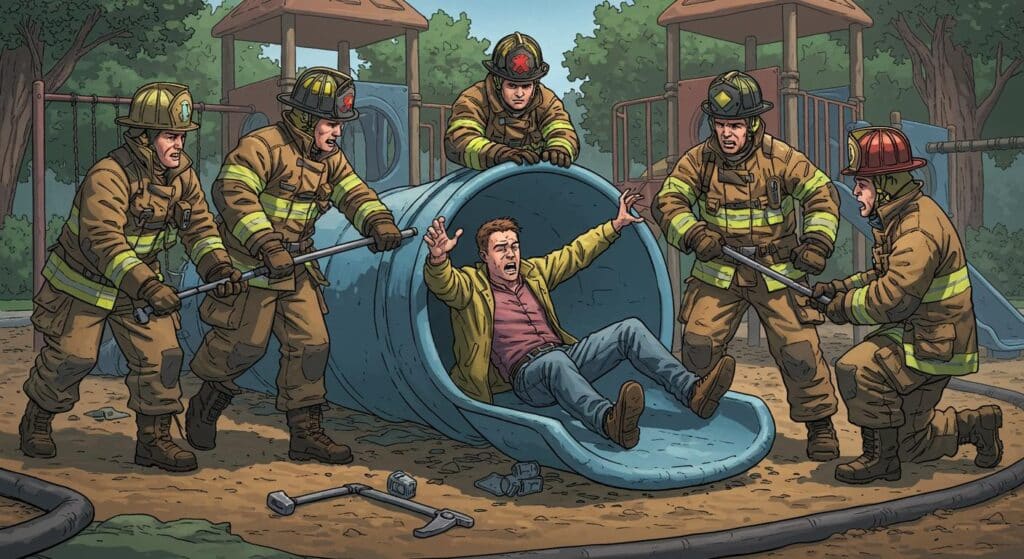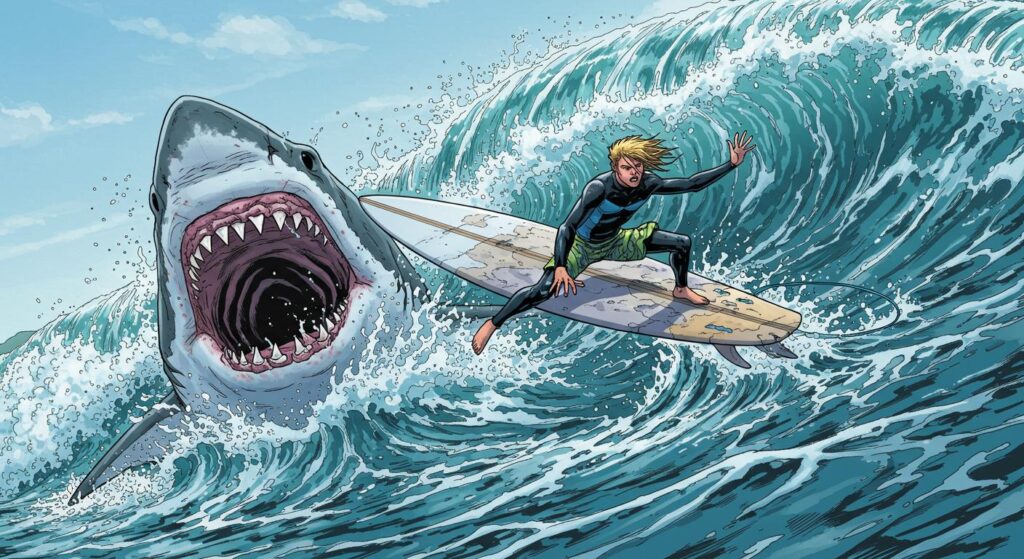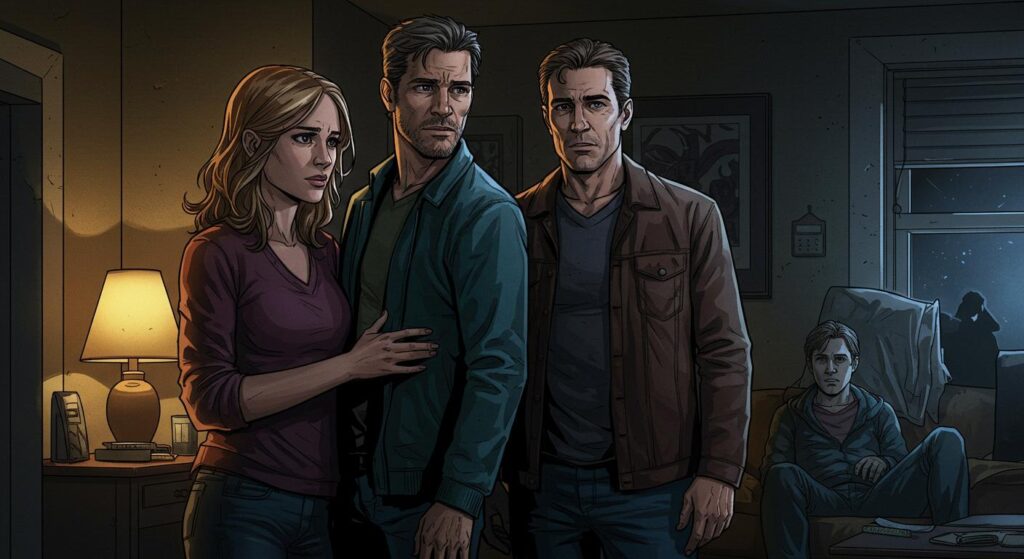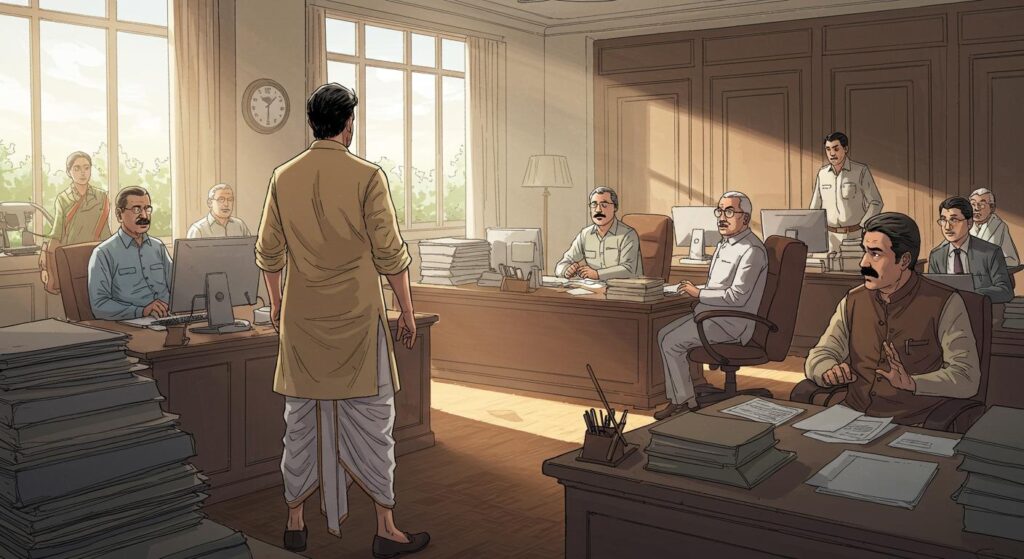If you’re browsing for an example of bureaucracy and common sense rubbing shoulders in a stadium, UEFA’s latest foray into humanitarian messaging provides a tidy case study. Before Tottenham Hotspur and Paris Saint-Germain kicked off the Super Cup in Udine, the football body displayed a banner reading “Stop Killing Children — Stop Killing Civilians,” and, for good measure, released a statement clarifying that this was not a political gesture, just a call for human decency. Apparently, even a plea to refrain from child murder needs a carefully drafted neutrality disclaimer these days.
A Banner, a Ceremony, and Where to Draw the Line
According to The Times, the banner was displayed during the pre-match ceremony and carried by nine children, all refugees now living in Italy, originating from Afghanistan, Iraq, Nigeria, Palestine, and Ukraine. Two of the participants, Tala—a 12-year-old Palestinian girl now in Milan for medical care—and Mohamed, a nine-year-old boy injured and orphaned during recent violence in Gaza, stood with the group behind the message. Both children have been receiving treatment in Milan after being displaced by conflict; UEFA stated that Mohamed and his grandmother managed to leave Gaza due to the severity of his injuries, while Tala was transferred for medical care unavailable in Gaza after the escalation of war.
A UEFA insider, cited by both The Times and SportsJOE, was keen to emphasize: “It’s not political but about humanity—in fact, you could say it is just common sense.” UEFA officials also asserted that the display, organized in concert with Inter Campus (a foundation promoting social integration across ethnic groups), was planned in advance of Mohamed Salah’s recent public questioning of UEFA’s tribute to Suleiman al-Obeid, the Palestinian footballer killed after, according to a Palestinian FA statement quoted by The Times, Israeli military fire on civilians awaiting humanitarian aid.
As further described by The Times, UEFA added that 82 additional underprivileged or ill children from around Udine, invited by local club Udinese, were given a chance to meet the teams and watch the game. The opening ceremony aimed, officially, to underline universal humanitarian values while steering well clear of attributing blame or referencing any specific conflict.
Is “Stop Killing Children” Political?
UEFA’s rules, as The Times reports, prohibit any political messages or actions inside or near stadiums. The wording of the banner omitted any mention of current wars or governments, presumably with great care. As highlighted by SportsJOE, UEFA stated repeatedly that “Stop Killing Children” was meant purely as a humanitarian statement, framing it in such broad terms that few could object—at least in theory.
Still, timing is everything. The event followed closely on the heels of Salah’s demand for clarity around UEFA’s tribute to Obeid, which omitted mention of how or why the player died. In response to UEFA’s original tweet about Obeid as a beacon of hope, Salah had posted, “Can you tell us how he died, where and why?” The Times explained that UEFA’s planning of the display predated this exchange, but with the involvement of Palestinian children and the global attention on Gaza, the ceremony read, to some, as an indirect reply.
Humanitarian Messaging or Diplomatic Sidestep?
There’s an irony here that would be lost on no seasoned observer of international sport: even a banner with the most basic plea seems to require a wall of context and a flurry of behind-the-scenes meetings. If UEFA is to be believed, the message is simple, and everyone is invited to nod in agreement for a moment before the start of play. According to UEFA’s official statement, the nine children participating in the ceremony were all connected to Inter Campus programs supporting social and cultural integration. Whether the action is read as a safe, soothing platitude or a genuine use of football’s global stage depends largely on whether one sees the power or limitations of apolitical rhetoric.
As The Times details, this isn’t UEFA’s first tangle with the blurry boundary between policy and principle. Is it possible that, in striving to say something that seemingly everyone can agree with, well-intentioned gestures risk being emptied of force? Or perhaps, in the swirl of conflicting expectations, sometimes the blandest statement is the only option left unchallenged.
Summary: Common Sense or Carefully Aimed Vagueness?
In sum, did UEFA accomplish anything meaningful or simply maneuver around another controversy? Arguably, it’s a bit of both. The foundational belief that protecting children transcends politics may be self-evident. But as long as such apparently simple messages require official clarification and disavowal of partisanship, we’re left to wonder: if “stop killing children” is a sentiment that needs a disclaimer, what kind of playing field have we created—both in the stadium, and far, far beyond?

